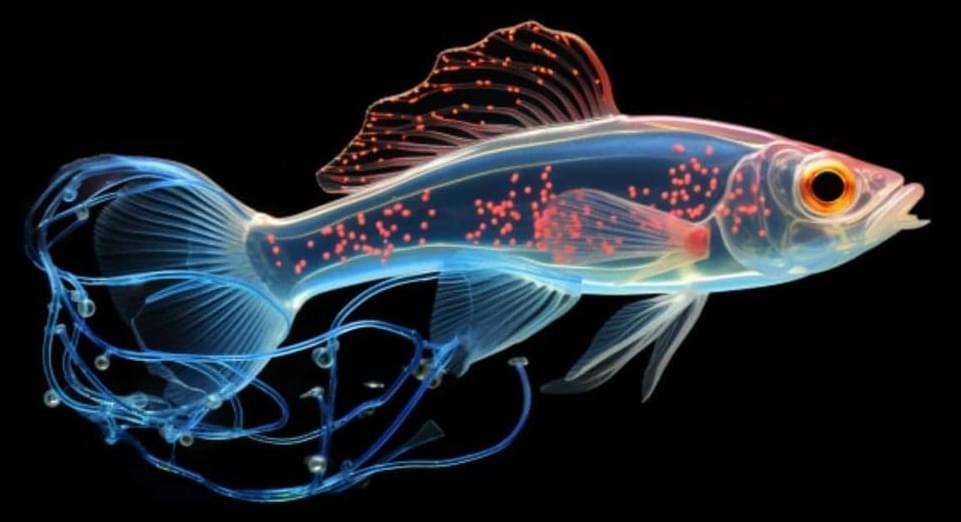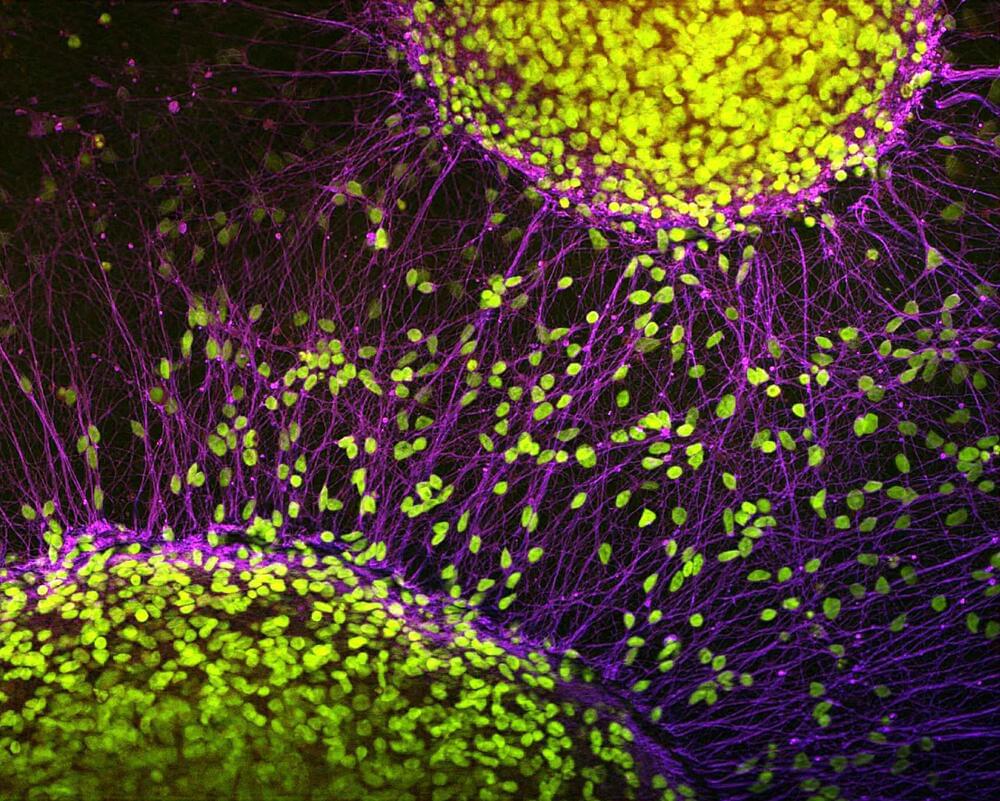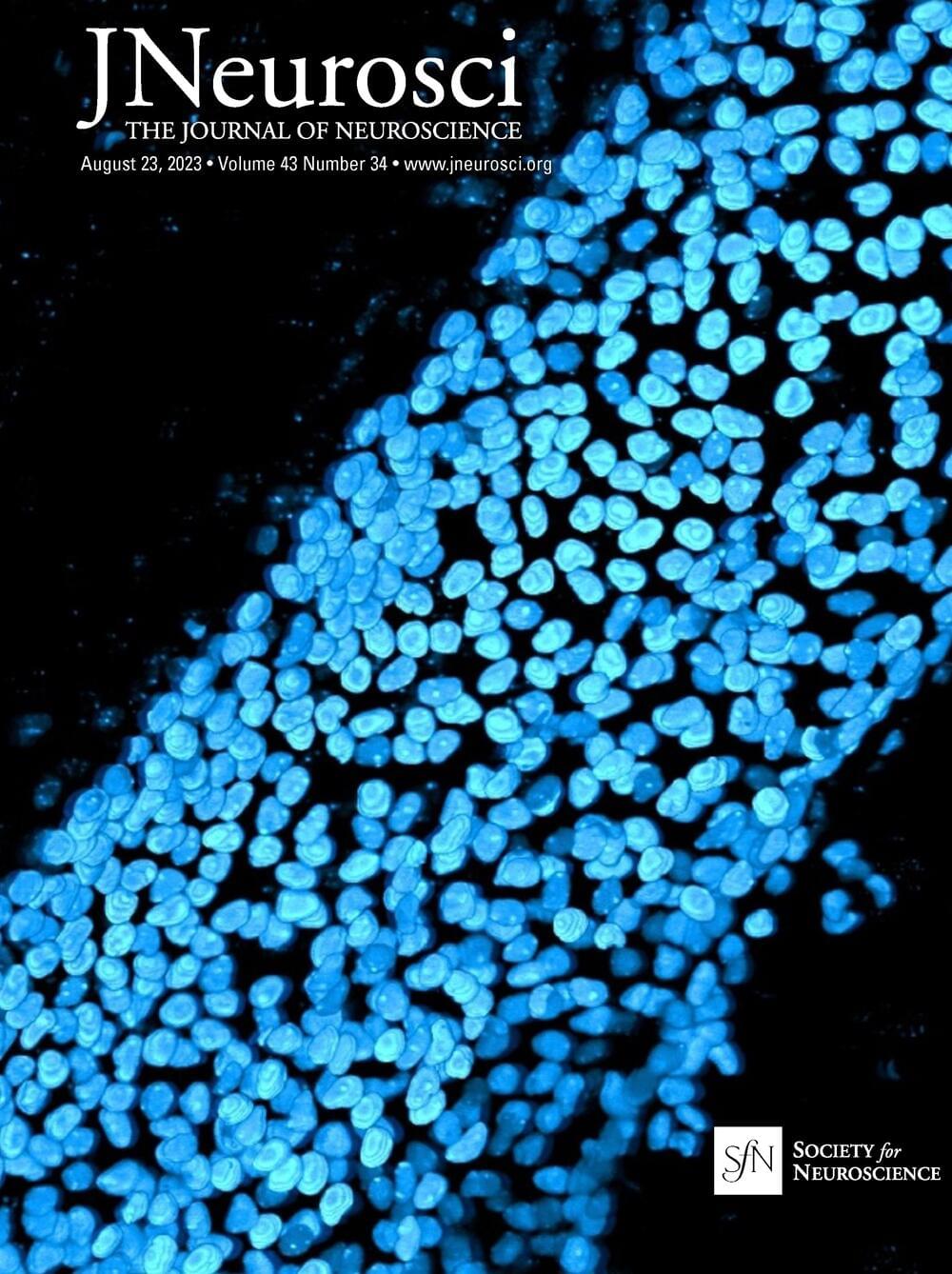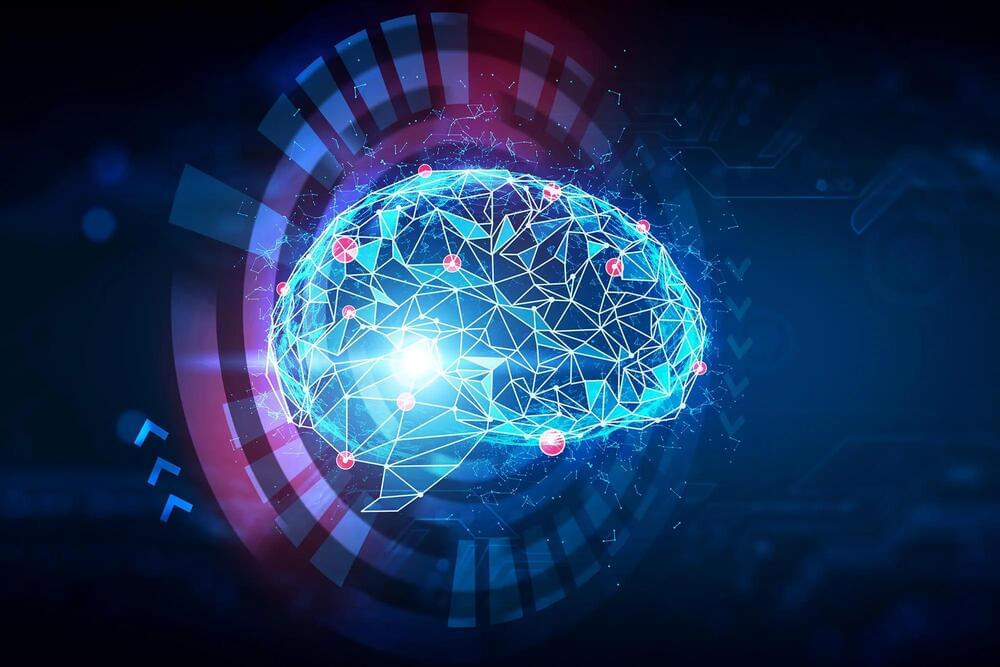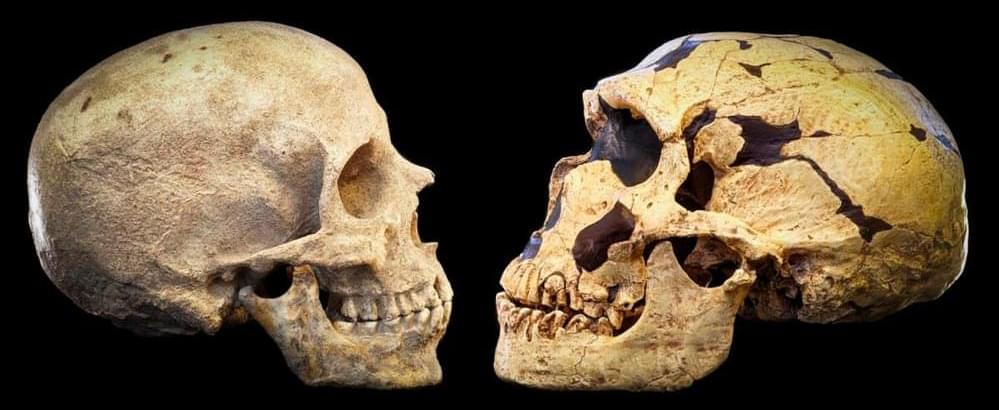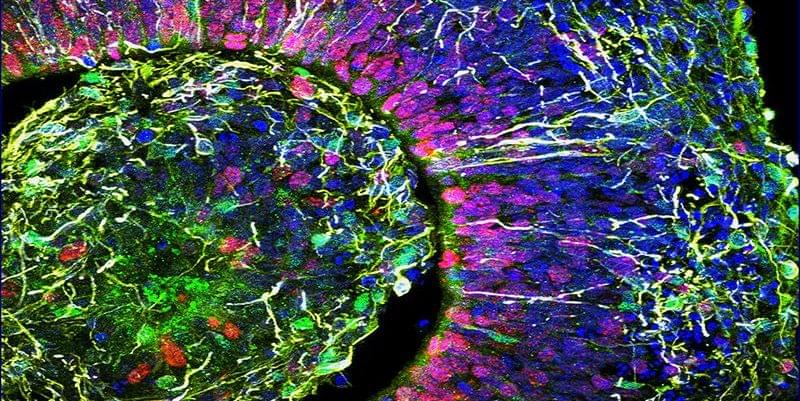Hey and we are back … this is Max Flow and we will get to know more about the information limitations of psyche.
Neurons are living cells with a metabolism; they need oxygen and glucose to survive, and when they’ve been working hard, we experience fatigue. Every status update we read on social media, every tweet or text message we get from a friend, is competing for resources in our brains.
With such attentional restrictions, it’s clear why many of us feel overwhelmed by managing some of the most basic aspects of life. Our focus is short and erratic, our decision-making abilities go out the window and a list of unfinished projects begins to pile up.
Attention is the most essential mental resource for any organism. It determines which aspects of the environment we deal with, and most of the time, various automatic, subconscious processes make the correct choice about what gets passed through to our conscious awareness. For this to happen, millions of neurons are constantly monitoring the environment to select the most important things for us to focus on.
We’ve created a world with thousands of exabytes of human-made information, each one of us experiences on average more than 70 thousand thoughts on any given day, on higher end up to 3,000 thoughts per hour or 50 per minute, just under one per second.
Today, each of us individually generates more information than ever before in human history. Our world is now awash in an unprecedented volume of data. Average human processes five times as much information as 30 years ago. The trouble is, our brains haven’t evolved to be able to process it all.

